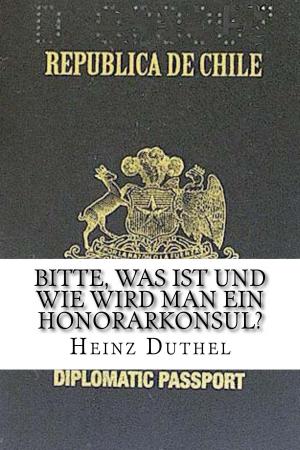Dreyfus affair - l'affaire Dreyfus "J'accuse...!"
"J'accuse...!" - Zola
Nonfiction, Social & Cultural Studies, True Crime, Biography & Memoir, Historical, Political Science| Author: | Heinz Duthel | ISBN: | 1230000142721 |
| Publisher: | Heinz Duthel | Publication: | June 16, 2013 |
| Imprint: | Language: | English |
| Author: | Heinz Duthel |
| ISBN: | 1230000142721 |
| Publisher: | Heinz Duthel |
| Publication: | June 16, 2013 |
| Imprint: | |
| Language: | English |
Alfred Dreyfus
The Dreyfus affair was a political scandal that divided France in the 1890s and the early 1900s. It involved the conviction for treason in November 1894 of Captain Alfred Dreyfus, a young French artillery officer of Alsatian Jewish descent. Sentenced to life imprisonment for allegedly having communicated French military secrets to the German Embassy in Paris, Dreyfus was sent to the penal colony at Devil's Island in French Guiana and placed in solitary confinement.
Two years later, in 1896, evidence came to light identifying a French Army major named Ferdinand Walsin Esterhazy as the real culprit. After high-ranking military officials suppressed the new evidence, a military court unanimously acquitted Esterhazy after the second day of his trial. The Army accused Dreyfus of additional charges based on false documents fabricated by a French counter-intelligence officer, Hubert-Joseph Henry, who was seeking to re-confirm Dreyfus's conviction. Henry's superiors accepted his documents without full examination.
Word of the military court's framing of Alfred Dreyfus and of an attendant cover-up began to spread, chiefly due to J'accuse, a vehement public open letter published in a Paris newspaper in January 1898 by the notable writer Émile Zola. Progressive activists put pressure on the government to reopen the case.
In 1899 Dreyfus was brought back to Paris from Guiana for another trial. The intense political and judicial scandal that ensued divided French society between those who supported Dreyfus (the Dreyfusards ), such as Anatole France, Henri Poincaré and Georges Clémenceau, and those who condemned him (the anti-Dreyfusards), such as Hubert-Joseph Henry and Edouard Drumont, the director and publisher of the anti-semitic newspaper La Libre Parole.
Alfred Dreyfus
The Dreyfus affair was a political scandal that divided France in the 1890s and the early 1900s. It involved the conviction for treason in November 1894 of Captain Alfred Dreyfus, a young French artillery officer of Alsatian Jewish descent. Sentenced to life imprisonment for allegedly having communicated French military secrets to the German Embassy in Paris, Dreyfus was sent to the penal colony at Devil's Island in French Guiana and placed in solitary confinement.
Two years later, in 1896, evidence came to light identifying a French Army major named Ferdinand Walsin Esterhazy as the real culprit. After high-ranking military officials suppressed the new evidence, a military court unanimously acquitted Esterhazy after the second day of his trial. The Army accused Dreyfus of additional charges based on false documents fabricated by a French counter-intelligence officer, Hubert-Joseph Henry, who was seeking to re-confirm Dreyfus's conviction. Henry's superiors accepted his documents without full examination.
Word of the military court's framing of Alfred Dreyfus and of an attendant cover-up began to spread, chiefly due to J'accuse, a vehement public open letter published in a Paris newspaper in January 1898 by the notable writer Émile Zola. Progressive activists put pressure on the government to reopen the case.
In 1899 Dreyfus was brought back to Paris from Guiana for another trial. The intense political and judicial scandal that ensued divided French society between those who supported Dreyfus (the Dreyfusards ), such as Anatole France, Henri Poincaré and Georges Clémenceau, and those who condemned him (the anti-Dreyfusards), such as Hubert-Joseph Henry and Edouard Drumont, the director and publisher of the anti-semitic newspaper La Libre Parole.















